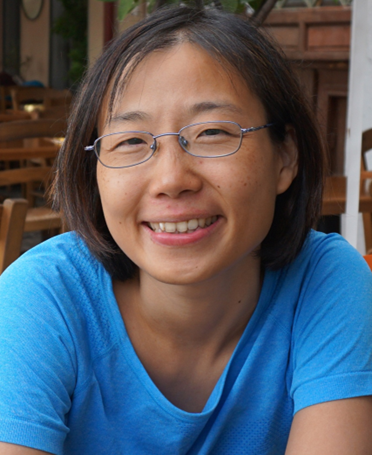WMS Events Calendar
Please see this page for MB ChB events.
BMS Extra Seminar: Distinctive regulation of RNA polymerase II transcription in quiescence, Dr Pei-Yun Jenny Wu, Institute of Biochemistry and Cellular Genetics
Abstract: The alternation between proliferation and quiescence plays integral roles in cellular adaptation and in diverse aspects of organismal function. In multicellular eukaryotes, quiescence is essential for development, stem cell homeostasis, and tissue repair. In addition, many unicellular organisms remain quiescent for extended durations in order to survive in challenging environments. Surprisingly, despite the importance and prevalence of this critical state, we are only beginning to understand how cells sustain quiescence and retain the capacity to resume growth.
Although quiescence was previously considered to be a passive condition during which cells are simply non-proliferating, it has now become clear that it is an actively-controlled physiological state. Quiescent cells in different organisms contain reduced overall RNA levels, and their re-entry in the division cycle is associated with significant changes in gene expression. These common features suggest that specific mechanisms of transcriptional control may be crucial for the alternation between quiescence and proliferation. We therefore set out to address this question, using nitrogen starvation in the fission yeast S. pombe as a model.
Our results reveal that compared to proliferating cells, quiescent cells show dramatic differences in their profiles of RNA polymerase II (Pol II) binding along transcription units. This is accompanied by changes in the modification patterns of the Pol II carboxy-terminal domain (CTD), pointing to an altered control of the Pol II transcription cycle. Notably, analyses of nascent transcription through mapping Pol II active sites and metabolic labeling uncovered a striking alteration in transcription termination at coding regions across the genome, regardless of their level of expression. Furthermore, conditional inactivation of termination factors gave rise to cellular phenotypes that indicate critical quiescence-specific functions. Our study thus provides evidence for a distinctive modulation of RNA polymerase II activity in quiescence that may be a crucial contributor to the maintenance of a quiescent state and for cell cycle re-entry.
 Biography: Pei-Yun Jenny Wu received her doctoral training in the laboratory of Dr Fred Winston at Harvard Medical School, investigating the structure and function of the SAGA chromatin modifying complex. She then pursued her postdoctoral work with Dr. Paul Nurse at Rockefeller University, focusing on the mechanisms that control DNA replication. In 2012, she established her research laboratory in France, first at the Institute of Genetics and Development of Rennes, followed by a move to the Institute of Biochemistry and Cellular Genetics in Bordeaux in 2022. Her laboratory uses the fission yeast Schizosaccharomyces pombe to explore the processes that regulate DNA replication and genome maintenance, as well as the interplay between genome organization, gene expression and cellular physiology.
Biography: Pei-Yun Jenny Wu received her doctoral training in the laboratory of Dr Fred Winston at Harvard Medical School, investigating the structure and function of the SAGA chromatin modifying complex. She then pursued her postdoctoral work with Dr. Paul Nurse at Rockefeller University, focusing on the mechanisms that control DNA replication. In 2012, she established her research laboratory in France, first at the Institute of Genetics and Development of Rennes, followed by a move to the Institute of Biochemistry and Cellular Genetics in Bordeaux in 2022. Her laboratory uses the fission yeast Schizosaccharomyces pombe to explore the processes that regulate DNA replication and genome maintenance, as well as the interplay between genome organization, gene expression and cellular physiology.
